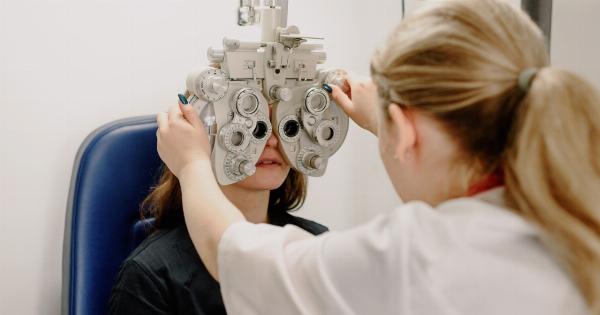Pregnancy is a natural biological process that occurs in every woman’s life at some point.
The duration of a typical pregnancy lasts about 40 weeks, and during this time, the fetus undergoes a series of transformations and developments before it is ready to be born. However, in some cases, women may need to extend their pregnancy, particularly if they are at risk of premature delivery or complications.
The question remains, is pregnancy extension safe for the health of the mother and the fetus? This article examines the pros, cons, and safety considerations of pregnancy extension.
What is Pregnancy Extension?
Pregnancy extension is a medical procedure that aims to prolong the duration of pregnancy beyond the expected due date. Extending the pregnancy may be necessary if the fetus is not fully developed or if the mother’s health is at risk.
Pregnancy extension is achieved through various methods, such as medication, bed rest, or induction of labor. The choice of method depends on the individual circumstances and the advice of the healthcare provider.
Pros of Pregnancy Extension
The primary benefit of pregnancy extension is that it allows the fetus to develop fully, reducing the risk of complications associated with premature birth.
Premature babies are at higher risk of health problems, such as respiratory distress syndrome, infections, and developmental delays. Extending the pregnancy by even a few days can significantly improve the survival and health outcomes of the baby.
Pregnancy extension may also be necessary to prevent complications for the mother.
For example, if the mother has preeclampsia, a serious condition characterized by high blood pressure and damage to organs, extending the pregnancy may be necessary to minimize the risk of maternal or fetal complications.
Cons of Pregnancy Extension
Pregnancy extension is not without risks. Prolonging the pregnancy can increase the risk of fetal distress and placental insufficiency, which can lead to oxygen deprivation and other complications.
Prolonged pregnancy may also increase the risk of maternal complications, such as uterine rupture, postpartum hemorrhage, or infection.
Furthermore, pregnancy extension may be associated with increased maternal discomfort, including swelling, back pain, and difficulty sleeping. Women may also experience anxiety or depression about the prolonged pregnancy.
Safety Considerations of Pregnancy Extension
The decision to extend a pregnancy should only be made after careful consideration of the risks and benefits.
The healthcare provider will assess the mother’s health and the fetus’s development to determine if pregnancy extension is necessary. The method of pregnancy extension will depend on the individual circumstances and may involve medication, bed rest, or induction of labor.
Pregnancy extension should be closely monitored to ensure the safety of both the mother and the fetus. Regular antenatal checkups, ultrasound scans, and fetal heart monitoring are essential to detect any signs of fetal distress or complications.
The healthcare provider will also closely monitor the mother’s health, such as blood pressure, and perform regular tests to detect any signs of infection or bleeding.
Alternatives to Pregnancy Extension
In some cases, pregnancy extension may not be necessary or feasible.
In such cases, the healthcare provider may recommend alternative options, such as cesarean delivery or induction of labor, to minimize the risk of complications for the mother and the fetus.
Cesarean delivery may be necessary if the fetus is breech, or if the mother has an underlying medical condition that makes vaginal delivery risky.
Induction of labor may be recommended if the pregnancy has gone beyond the expected due date, or if the mother’s health is at risk.
Conclusion
Pregnancy extension may be necessary in some cases to promote the health and well-being of the mother and the fetus. However, it is not without risks, and careful consideration of the risks and benefits is necessary before making a decision.
The choice to extend pregnancy depends on individual circumstances, and the healthcare provider will provide guidance and support to ensure the safety and health of both the mother and the fetus.






























